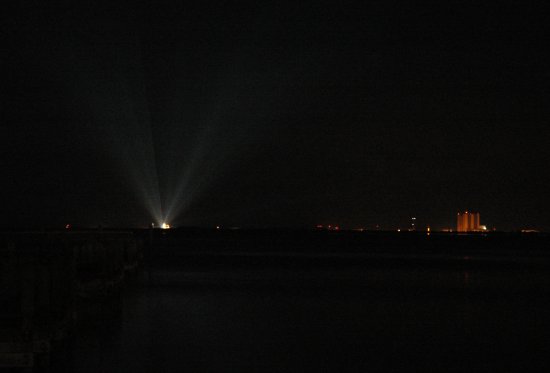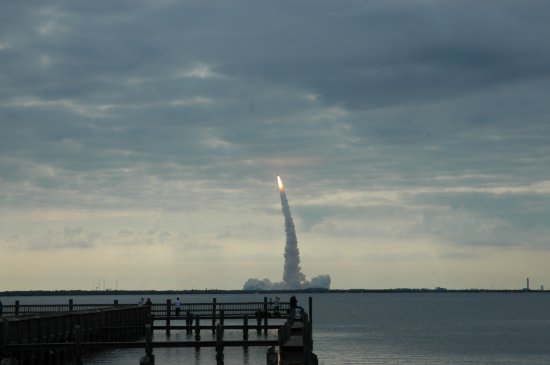“The mood was less than cordial.”
Boehner meets with tea party activists from his district. “The mood was less than cordial.”
Surely, there are Tea Party activists with unreasonable expectations of what Republicans can accomplish with control of the House. However, the major beef Tea Partiers have with Republicans is not their lack of accomplishment. It’s their unwillingness to stand and fight, their apparent lack of principle, and the resulting impotence toward shifting the narrative in Washington.
Boehner meets with tea party activists from his district. “The mood was less than cordial.”
Surely, there are Tea Party activists with unreasonable expectations of what Republicans can accomplish with control of the House. However, the major beef Tea Partiers have with Republicans is not their lack of accomplishment. It’s their unwillingness to stand and fight, their apparent lack of principle, and the resulting impotence toward shifting the narrative in Washington.






